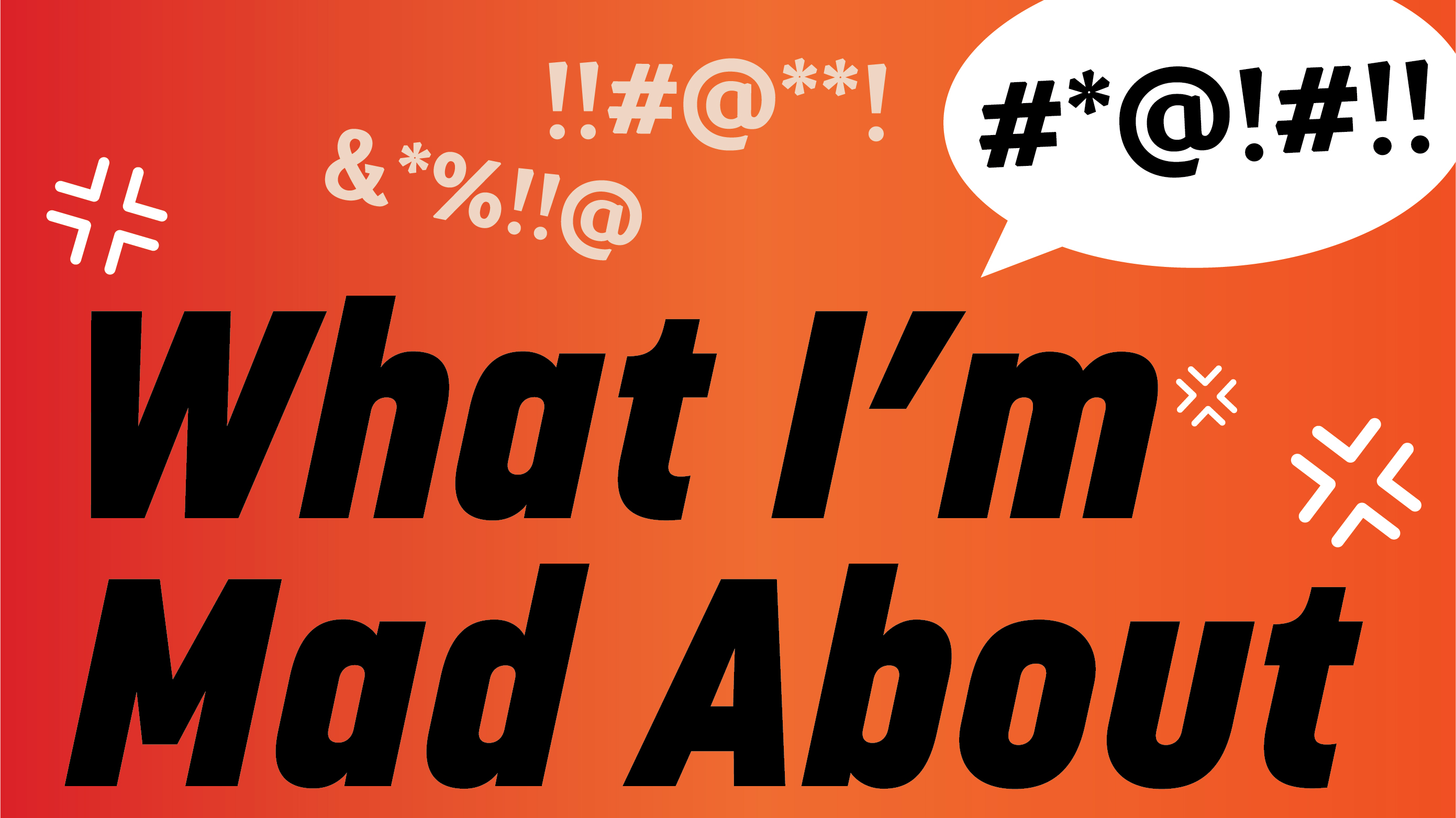
Does social media lead to miscommunication?
By: Kayla Hunt, Columnist
Many people tend to view social media as an improper source for individuals to receive their news. I primarily get my news straight from social media. I’m always on it throughout the day — mainly Twitter. It seems as though Twitter is always up to date.
I usually watch Rachel Maddow‘s show every night, and it can sometimes be conflicting to hear different facts, perspectives and opinions regarding the same story that you read on Twitter.
When getting a news story from social media networks — such as Twitter — you are primarily viewing the perspectives of millennials. However, when reading the same stories in the newspapers or hearing it broadcast on news channels such as CNN or NBC, the perspective you are receiving is completely different, especially when the stories revolve around politics.
I like reading about news stories on social media because it allows me to view the perspectives of my peers. It also can be more relieving to see that my peers and I share some of the same viewpoints and agree on the same things. I completely understand how bias and inaccuracy can come into play when relying on social media as your primary news source. However, I disagree with limiting these characteristics of inaccuracy and bias to only news stories that are covered on social media.
I feel as though the news industry is a very large industry, and it is very easy for stories to be misconstrued, even on large news channels such as CNN.
In the article, Mass Communication or Miscommunication, Brian Young briefly describes the miscommunication that often occurs in the news industry. Through the lines of transmission, information can easily be misconstrued, which in turn affects people’s perspectives on stories.
Information can easily be misconstrued and misinterpreted, whether you are receiving your news from social media or CNN, it does not matter. It is easy for miscommunication to occur in this large field of mass communication.

Social media has revolutionized communication, but it often leads to misinterpretation and misunderstanding. With the rise of short messages, emojis, and memes, tone and intent can be easily misconstrued. People frequently rely on quick reactions rather than thoughtful responses, leading to confusion. Even in spaces like netflix reviews users may misinterpret comments, assuming sarcasm or negativity where none was intended. The lack of facial expressions and voice tone in online interactions further complicates clarity. While social media enhances connectivity, it also requires careful communication to prevent miscommunication and ensure messages are understood as intended.
Social media connects millions instantly, but it often leads to miscommunication. With short texts, emojis, and lack of tone or context, messages can be easily misunderstood. People interpret posts differently based on their mood, culture, or personal experiences. Moreover, the spread of misinformation adds to the confusion. Businesses trying to communicate online also face challenges. That’s why many turn to the best smm panel to manage their content effectively. These panels help streamline messaging and ensure clarity. While social media is powerful, clear and responsible communication is key to reducing misinterpretation in the digital age.
One popular option is to install led strips in bedroom settings for instant ambiance. These flexible lights slide easily along ceilings, under beds, or behind shelves, giving off a cozy glow. Whether you want a calm environment for sleeping or a vibrant one for gaming, LED strips adjust to your mood. With simple setup and remote control features, they offer a practical way to personalize any space without breaking your budget or cluttering your decor.
Social media can sometimes distort messages, making it easy for misunderstandings to arise. For anyone looking to verify legal information or double-check details, resources like spokane court records can be incredibly helpful. Staying informed through reliable sources helps prevent miscommunication and ensures discussions remain accurate and productive.
Me gusta cómo esto señala que la mala comunicación no es solo un problema de las redes sociales, sino algo que puede ocurrir en cualquier sistema grande de comunicación. De hecho, me recuerda un poco al codigo morse alfabeto, donde se necesitan reglas claras para los puntos, las rayas y las pausas para que un mensaje no se malinterprete sin esa estructura, incluso las señales simples pueden volverse confusas. De la misma manera, cuando las noticias pasan por muchas personas y plataformas, pequeños cambios pueden afectar fácilmente el significado. Tu publicación es un buen recordatorio para leer con atención, revisar diferentes fuentes y ser conscientes de cómo los mensajes pueden cambiar a medida que se transmiten.
This is a thoughtful take, and I agree that miscommunication isn’t limited to just social media. No matter the source, information can shift as it’s shared and interpreted by different audiences. That’s why verification matters so much, whether it’s news or public information—having reliable sources like Online Court Records
helps people double-check facts instead of relying on one perspective. It really comes down to being mindful and cross-referencing what we consume.